PPT-Pointers and Classes
Author : phoebe-click | Published Date : 2016-06-19
Well talk about today Pointers Arrays Strings Classes new operator Pointers Stores the memory address where the data is stored int numberPointer Can access the
Presentation Embed Code
Download Presentation
Download Presentation The PPT/PDF document "Pointers and Classes" is the property of its rightful owner. Permission is granted to download and print the materials on this website for personal, non-commercial use only, and to display it on your personal computer provided you do not modify the materials and that you retain all copyright notices contained in the materials. By downloading content from our website, you accept the terms of this agreement.
Pointers and Classes: Transcript
Download Rules Of Document
"Pointers and Classes"The content belongs to its owner. You may download and print it for personal use, without modification, and keep all copyright notices. By downloading, you agree to these terms.
Related Documents

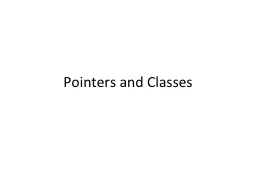

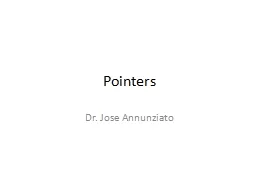
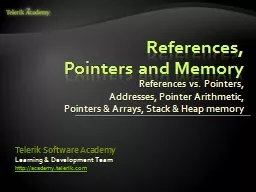
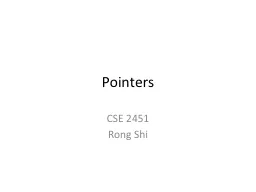

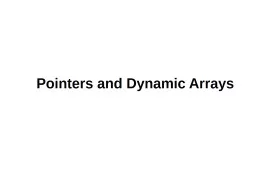
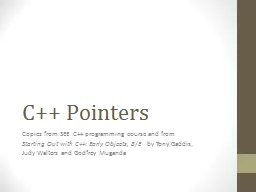

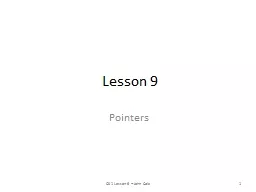



![[eBOOK]-Understanding Pointers in C & C++: Pointers in all its forms: Fully working Examples](https://thumbs.docslides.com/979185/ebook-understanding-pointers-in-c-c-pointers-in-all-its-forms-fully-working-examples-and-applications-of-pointers-english-edition.jpg)